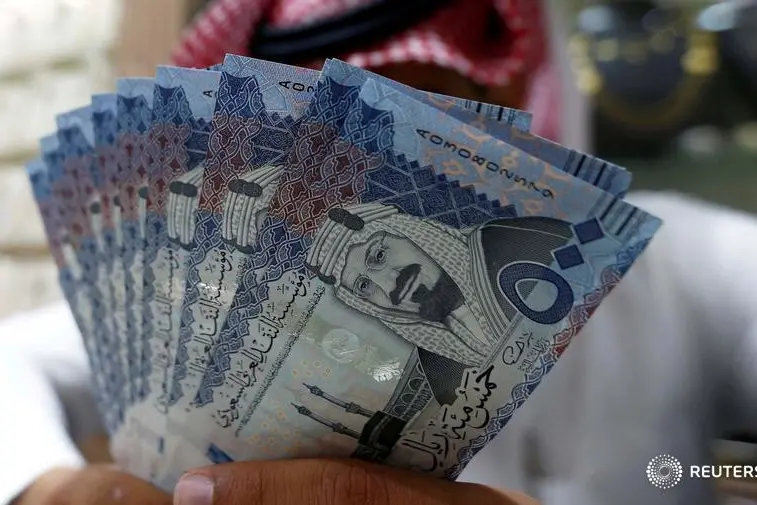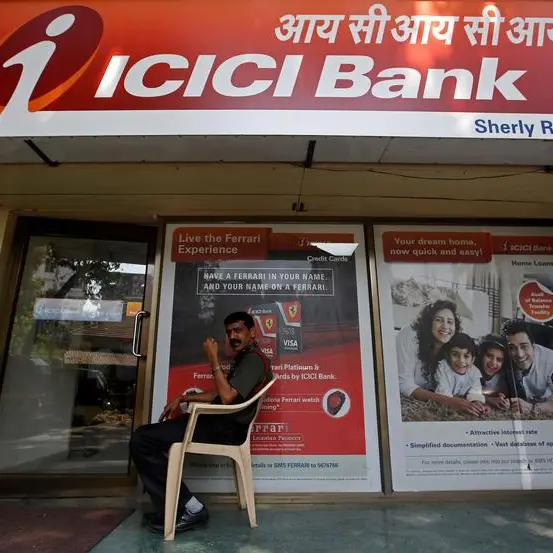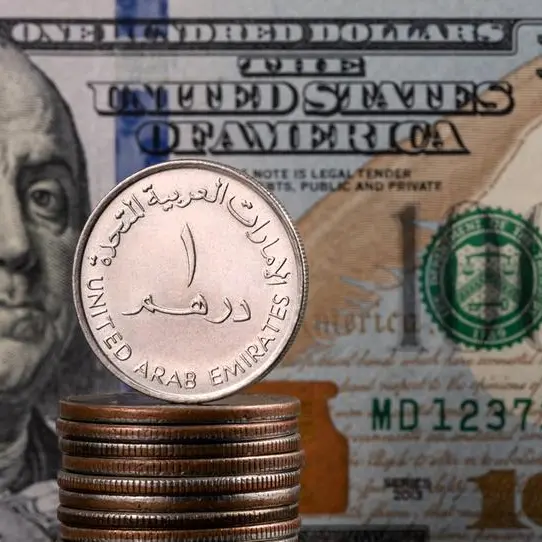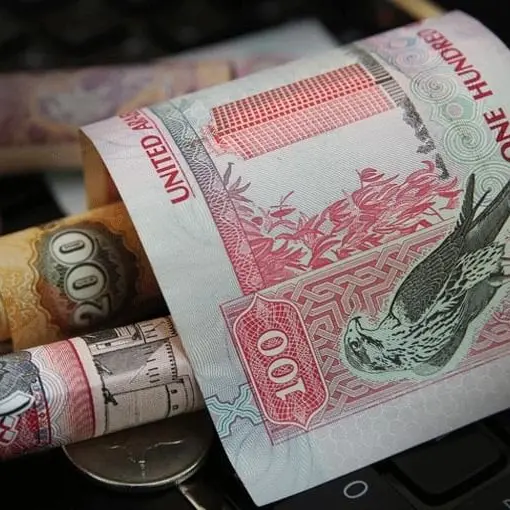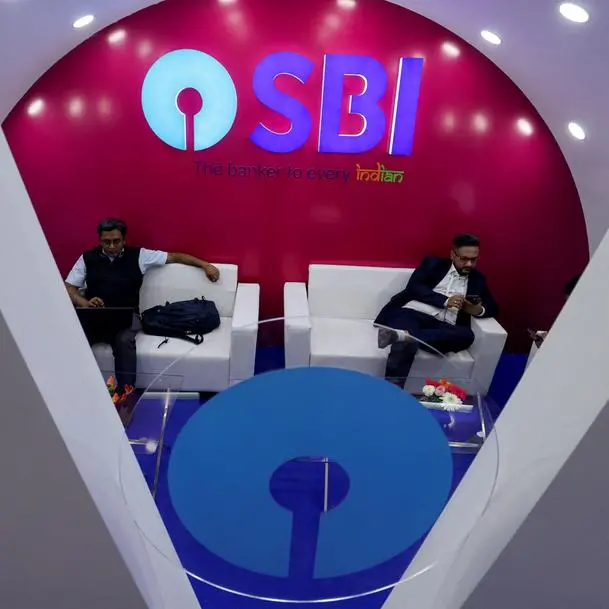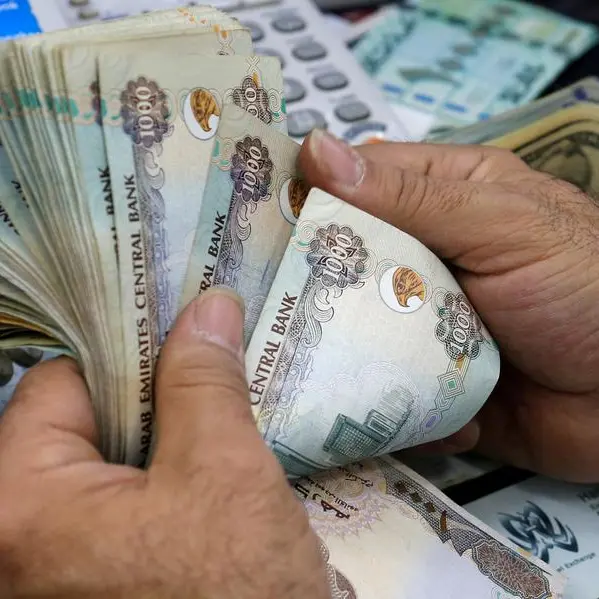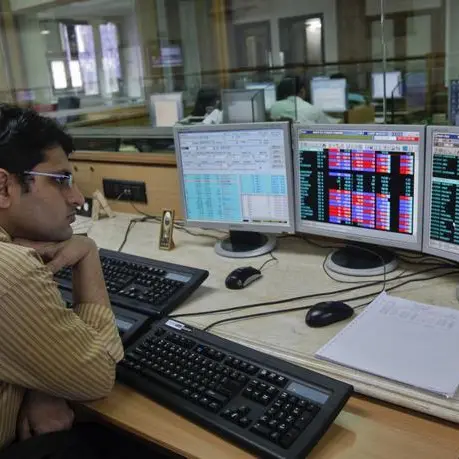PHOTO
Saudi Arabia has raised $6 billion from the sale of Islamic bonds, or sukuk, a document from a lead manager showed, returning to the debt markets for the second time this year, amid continued pressure on global oil prices.
The kingdom sold a $3 billion six-year tranche at 80 basis points (bps) over U.S. Treasuries (UST) and another $3 billion in 10-year notes at 100 bps over UST, tighter than guidance released on Monday.
Order books for the deal hit over $27 billion ahead of the launch, according to a separate bank document seen on Monday, allowing the kingdom to sell a significant amount in an undersupplied market and diversify its investor base.
Proceeds from the sale will be used for general domestic budgetary purposes. The Saudi Ministry of Finance did not immediately respond to a request for comment.
"It was a pretty big issuance size for sukuk bonds," said Marten Bressel at FIM Partners in London, adding the reasoning behind the large Saudi debt issues this year was multi-fold.
"It is a combination of opening up the economy and capital markets, strong growth, and the requirement to fund their Vision plans," he said, referring to Vision 2030, Saudi's economic transformation plan, overseen by the Crown Prince himself.
The sukuk were trading fractionally lower than their launch price on Tuesday, which Bressel described as just a little bit of "market indigestion".
Saudi Arabia, the world's top oil exporter, last tapped the public debt markets in January, raising $10 billion.
High oil prices helped the kingdom tilt to its first fiscal surplus in almost a decade in 2022, but an uncertain demand outlook and macroeconomic headwinds have pushed prices lower this year.
On Tuesday, Brent crude was trading at around $75 per barrel at 1100 GMT, which is below the estimated breakeven price of $80.9 per barrel Saudi Arabia needs to balance its budget, according to the International Monetary Fund.
Saudi Arabia said it would trim oil production by 500,000 barrels per day starting this month, part of a surprise cut announced by the OPEC+ group in April.
(Reporting by Rachna Uppal and Marc Jones; Additional reporting by Yoruk Bahceli in London; Editing by Alex Richardson and Ed Osmond)
